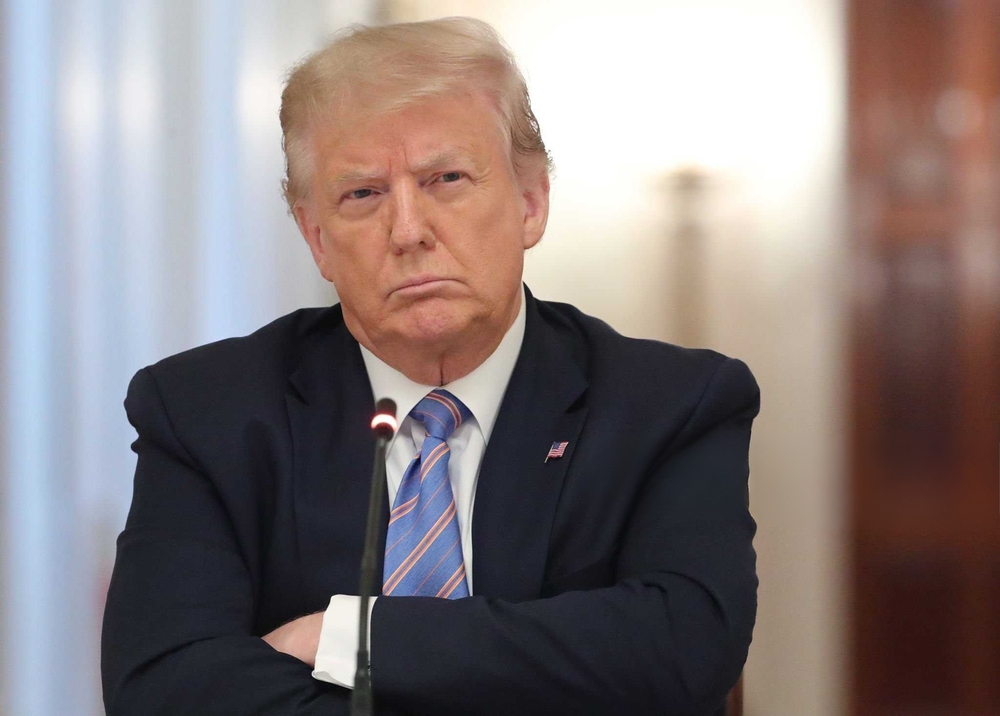President Donald Trump and former President Joe Biden demonstrated starkly different approaches to commemorating Juneteenth on Thursday, with Trump criticizing the economic impact of federal holidays while Biden delivered celebratory remarks at a historic Black church in Texas. The contrasting responses highlight broader philosophical differences about the role of federal holidays in American society and the importance of commemorating significant moments in civil rights history.
Trump chose to focus on economic concerns rather than historical significance, using his social media platform to express frustration with what he characterized as excessive federal holiday observances. His remarks emphasized financial costs to businesses and suggested that workers themselves oppose frequent holiday closures, framing the issue in economic rather than cultural terms.
Meanwhile, Biden traveled to Galveston, Texas, where he spoke at Reedy Chapel AME Church, emphasizing the historical importance of Juneteenth and criticizing efforts to minimize its significance. The former President’s presence in Galveston, where Union troops first announced emancipation to enslaved people in 1865, provided symbolic weight to his commemorative message.
White House maintains working schedule approach
White House Press Secretary Karoline Leavitt confirmed that Trump had no plans to issue a traditional Juneteenth proclamation, describing the day as a normal working period for the administration. Her comments emphasized the administration’s commitment to maintaining regular operations despite the federal holiday designation.
The decision to forgo formal commemoration represents a departure from previous presidential practices, including Trump’s own approach during his first term when he regularly issued statements acknowledging the holiday’s significance. Leavitt’s briefing focused on operational continuity rather than historical recognition or cultural celebration.
Administration officials did conduct a Wednesday meeting with Black community leaders to discuss coordination between federal agencies and local partners, though this session received no public announcement or ceremonial recognition. Housing Secretary Scott Turner and minority outreach director Lynne Patton participated in these private discussions about community engagement strategies.
Historical perspective reveals evolving presidential approaches
During his first presidential term, Trump consistently issued annual Juneteenth statements that acknowledged the historical significance of emancipation and praised African American contributions to national development. These earlier proclamations included detailed references to the Galveston announcement and broader themes of national unity and progress.
Trump’s 2017 through 2020 statements consistently told the story of Major General Gordon Granger’s arrival in Galveston and emphasized themes of American greatness enhanced by African American contributions. His 2020 statement specifically acknowledged both the injustice of slavery and the joy of emancipation, describing the holiday as both remembrance and celebration.
The evolution from detailed historical acknowledgment to economic criticism demonstrates significant shifts in presidential messaging priorities. Trump’s previous claims about increasing the holiday’s prominence through his attention contrast sharply with his current focus on economic efficiency over historical commemoration.
Biden emphasizes historical preservation and recognition
Former President Biden’s Galveston appearance emphasized the importance of preserving historical memory and rejecting attempts to minimize significant civil rights milestones. His remarks at the AME church focused on the connection between federal holiday designation and national values, arguing that commemorative choices reflect American priorities.
Biden’s 2021 signing of legislation establishing Juneteenth as a federal holiday represented the culmination of decades of advocacy by civil rights organizations and community leaders. His continued celebration of the holiday through church visits and public remarks demonstrates sustained commitment to its recognition and significance.
The former President’s criticism of efforts to rename military installations back to Confederate-era designations connects current Juneteenth observance to broader debates about historical memory and commemoration. His remarks linked holiday recognition to wider patterns of historical acknowledgment and educational priorities.
Political implications extend beyond single holiday
The contrasting approaches to Juneteenth commemoration reflect broader philosophical differences about federal government priorities and the role of historical recognition in contemporary policy-making. Trump’s emphasis on economic efficiency versus Biden’s focus on cultural significance illustrates fundamental disagreements about governmental responsibilities.
These different perspectives on Juneteenth observance connect to larger debates about diversity, equity, and inclusion programs that Trump has targeted for elimination since returning to office. The holiday’s treatment serves as a bellwether for broader approaches to civil rights commemoration and federal recognition of historical injustices.


















